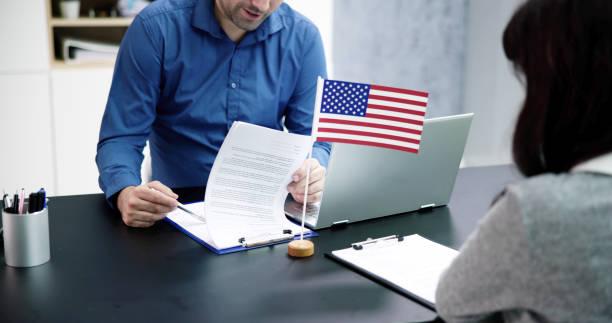Parole in Place and the Path to Stability for Families

Immigration law often presents challenges for families seeking lawful status in the United States. Among the solutions designed to ease these difficulties is Parole in place, a discretionary measure that helps eligible individuals remain in the country legally. At times, this process also requires the additional support of a waiver to address inadmissibility concerns. Together, these measures create opportunities for stability and security.
Defining Parole in Place
Parole in place is granted by immigration authorities to individuals who entered the U.S. without inspection, allowing them to stay temporarily with lawful presence. While it is not permanent residency, it paves the way for future applications by providing a legal entry point. This small but significant step can change the trajectory of a family’s life.
The Purpose of Parole in Place
The policy exists largely to support the families of active-duty service members, veterans, and reservists. The underlying idea is that those who dedicate themselves to protecting the nation should not fear the separation of their loved ones. At the same time, a waiver can play a complementary role when legal issues such as unlawful presence or other grounds of inadmissibility arise.
Benefits for Families
One of the main advantages of parole in place is that it prevents forced separation. Instead of requiring a departure from the U.S., it allows adjustment of status applications to move forward domestically. This is invaluable for families who wish to remain united during difficult legal proceedings. However, in many cases, applicants must also rely on a waiver to overcome additional legal obstacles.
The Role of Waivers
When pursuing immigration relief through parole in place, applicants may discover that their situation involves more than just unlawful entry. Some may face barriers such as prior violations or inadmissibility grounds. A waiver becomes critical in such cases, offering a way to demonstrate hardship and qualify for continued progress. This partnership between the two tools highlights the flexibility and compassion built into the system.
Challenges and Limitations
Parole in place is not automatic, and it remains subject to the discretion of immigration officers. Applications are carefully reviewed, and outcomes depend on both personal circumstances and supporting documentation. Even when parole in place is granted, the journey toward lawful permanent residency may still require persistence, often through the use of a waiver to address specific issues.
Building Toward Stability
Families who pursue parole in place often seek not just temporary relief but a pathway to long-term security. The program acts as a bridge, giving them a chance to apply for more permanent solutions. When paired with a waiver, this approach offers a stronger foundation for achieving lawful status and ensuring family unity in the years ahead.
Conclusion
Parole in place is more than just a temporary measure; it is a critical opportunity for families, especially those with ties to the military, to remain together while working toward legal status. Though challenges may arise, the process creates hope and stability. With the added support of a waiver when needed, families can move forward with confidence and resilience.








